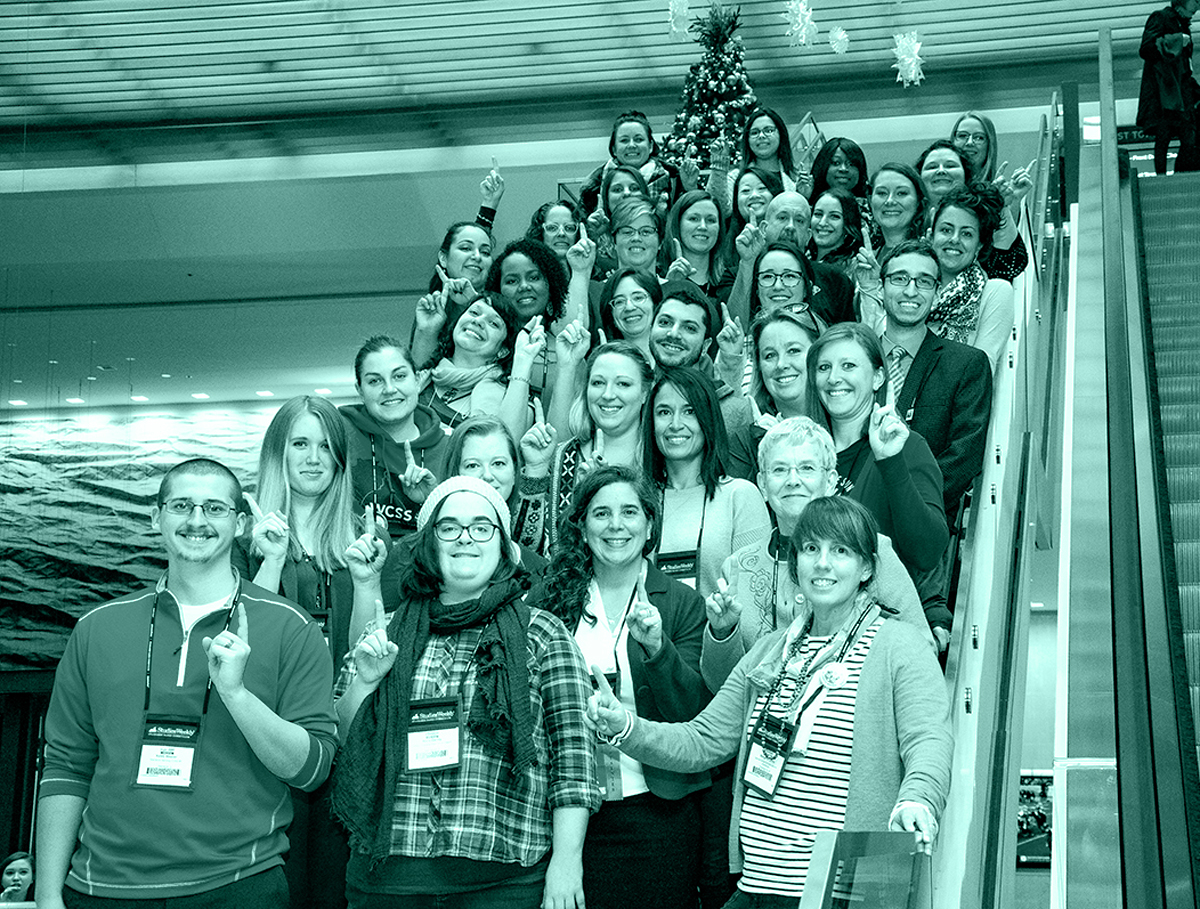
Exploring South Asia Through Literature: Using Award-Winning Books to Enrich Geography Education
Conference Room: NebraskaSummary The South Asia Book Award (SABA) celebrates outstanding literature that authentically portrays the cultures, histories, and lived experiences of South Asians, both in South Asia and across the globe. This session introduces geography educators to the wealth of award-winning books that can enhance students' understanding of the diverse countries and cultures that make up […]

